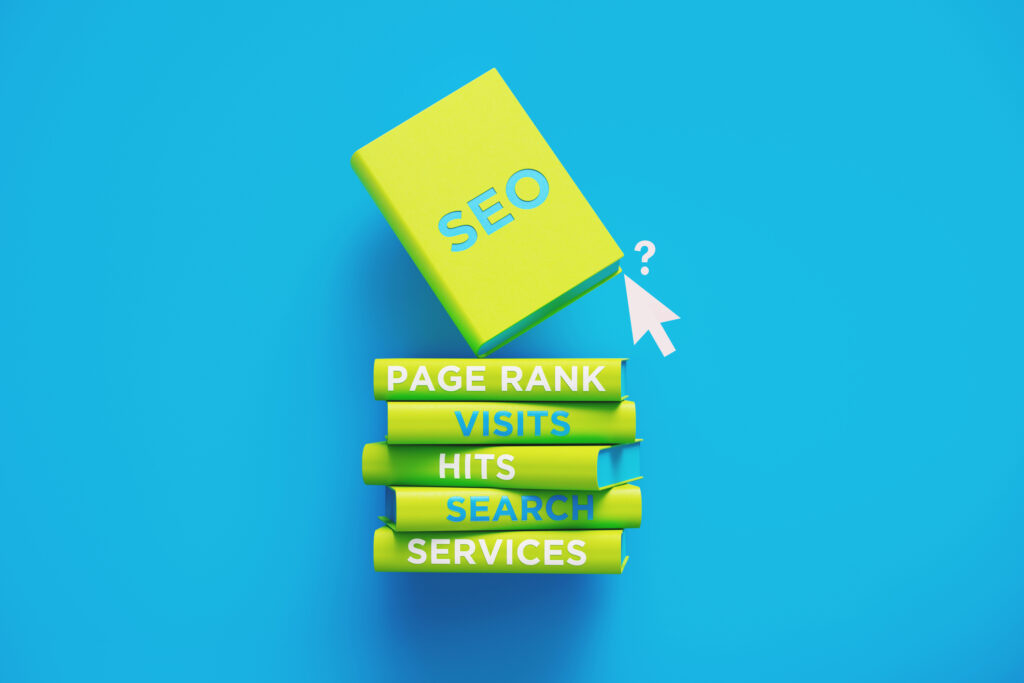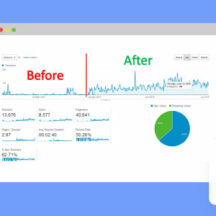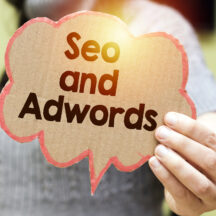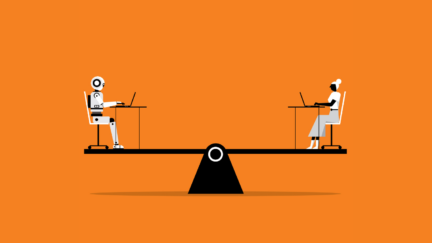SEO vs PPC: Which is better for your business?
Statistics show that 75% of searchers never scroll past Google’s first page. In other words, if your site is not the first thing they see in the SERPs (Search Engine Results Pages) you basically don’t exist.
There are different techniques you could use to boost your online visibility, but for businesses wanting to stand out this usually boils down to two basic options — SEO (Search Engine Optimization) vs PPC (Pay-Per-Click). Even though they have a similar goal — to generate quality leads — these two practices not only deliver different results but are also contrasting in terms of cost and general practice.
So which is better for your business, SEO vs PPC? Spoiler alert, they’re actually both pretty important. Not only are they both important, but they also support the effectiveness of each other. However, when you’re starting up or have big growth plans, budget and resources usually dictate that you may have to focus on one more than the other.
This guide will take you through the similarities and differences between SEO and PPC and help you decide which should take up your investment and time.
SEO
Organic search still dominates digital marketing. As 93% of online experiences start with the search engine and 70%-80% of users generally ignore paid ads, not optimizing your site for search engines means that you’re likely to lose a great share of potential customers.

The advantages of SEO
Here are a few key benefits of SEO:
- SEO brings long-term results. Even though at the beginning setting up SEO requires significant time investment and may start off slow, SEO not only boosts your rankings and drives traffic to your site, but also helps you build a solid reputation and stand out from your competitors.
- SEO costs less than PPC. Although SEO may cost a business valuable time and resources (like paying for freelancers, SEO tools, or SEO agencies), it’s still considered more cost-effective in the long term. When quality content is created and drives high traffic to a website, you will find that you will no longer need to continue spending in order to make your customers see your site on the first page of the search engine. When customers decided to visit the website, it doesn’t cost anything whereas a PPC campaign is per click – therefore more cost.
- SEO is user-friendly. Unlike some intrusive outbound marketing techniques like cold calling or interruptive ads, SEO is an inbound marketing technique. This appeals more to customers and is a less aggressive way of attracting users to your site. Having a solid SEO strategy also aligns with other areas of a business such as content and social media which makes up part of the user experience.
The disadvantages of SEO
There are some cons when it comes to SEO. Showing search engines that you’re a reliable source of information can prove challenging, especially in a highly competitive digital market.
- Google’s algorithms are constantly being updated, meaning that SEO needs to be monitored consistently and updated frequently.
- If your site isn’t of great quality and scores high on the spam score, you risk getting penalised by Google. There are different types of Google penalties which you can more about here.
- SEO is not a strategy that delivers overnight results. It can take several weeks for Google to index and rank your content accordingly.
- SEO requires an amount of expertise. If you are not an expect in this field, it can be a very time consuming process and become overwhelming.
- A high Google ranking is not something definitive, as it depends on a wide array of factors.
PPC
Sometimes, investing in organic search can take a little too long to stand out among the rising competition. If you want an instant bang for your buck, this is where PPC shines.

The advantages of PPC
The benefits of PPC for businesses are multiple. Here are some of them:
- PPC services and campaigns are easily measurable from beginning to end. You can have a clear eye on what you’re spending and where, and how this is driving performance and return on investment (ROI). Businesses can tailor their ad budget and bids and choose how and where they want to spend their money.
- It returns quick results, even for businesses that are just starting off.
- PPC offers incredible targeting options that will help you drive even more relevant traffic to your site and boost conversions.
The disadvantages of PPC
- The major drawback of paid search is, as you’d probably imagine, high costs. As the number of marketers competing for dominance in the online world is rising, PPC platforms are increasing their costs. So, if you don’t plan your strategy in advance, you may end up paying for PPC more than what you will generate from sales. So much money can be wasted on targeting the wrong keywords, or a keyword set that are simply too competitive for you to make your mark on the SERP.
- Once your campaign is over, you will stop generating clicks. So, to keep your traffic and conversions, you need to constantly invest in your paid ads. SEO is different. By building quality links, refurbishing your content, or producing evergreen articles for example, you can keep driving relevant traffic to your site for years.
Tailor your digital marketing strategy to your goals
Both SEO and PPC have their respective advantages and disadvantages. Of course, to get the most out of them, you need to set clear goals both in the long and short term.
Overall, we can conclude that SEO is an absolute necessity for businesses. Despite SEO being all around time-consuming, it’s not only more affordable than PPC but helps grow a solid and long-term online presence and also increases your brand awareness. If you want a quick fix, PPC is your best bet in boosting your visibility quickly and driving relevant traffic to your site in the short term.















